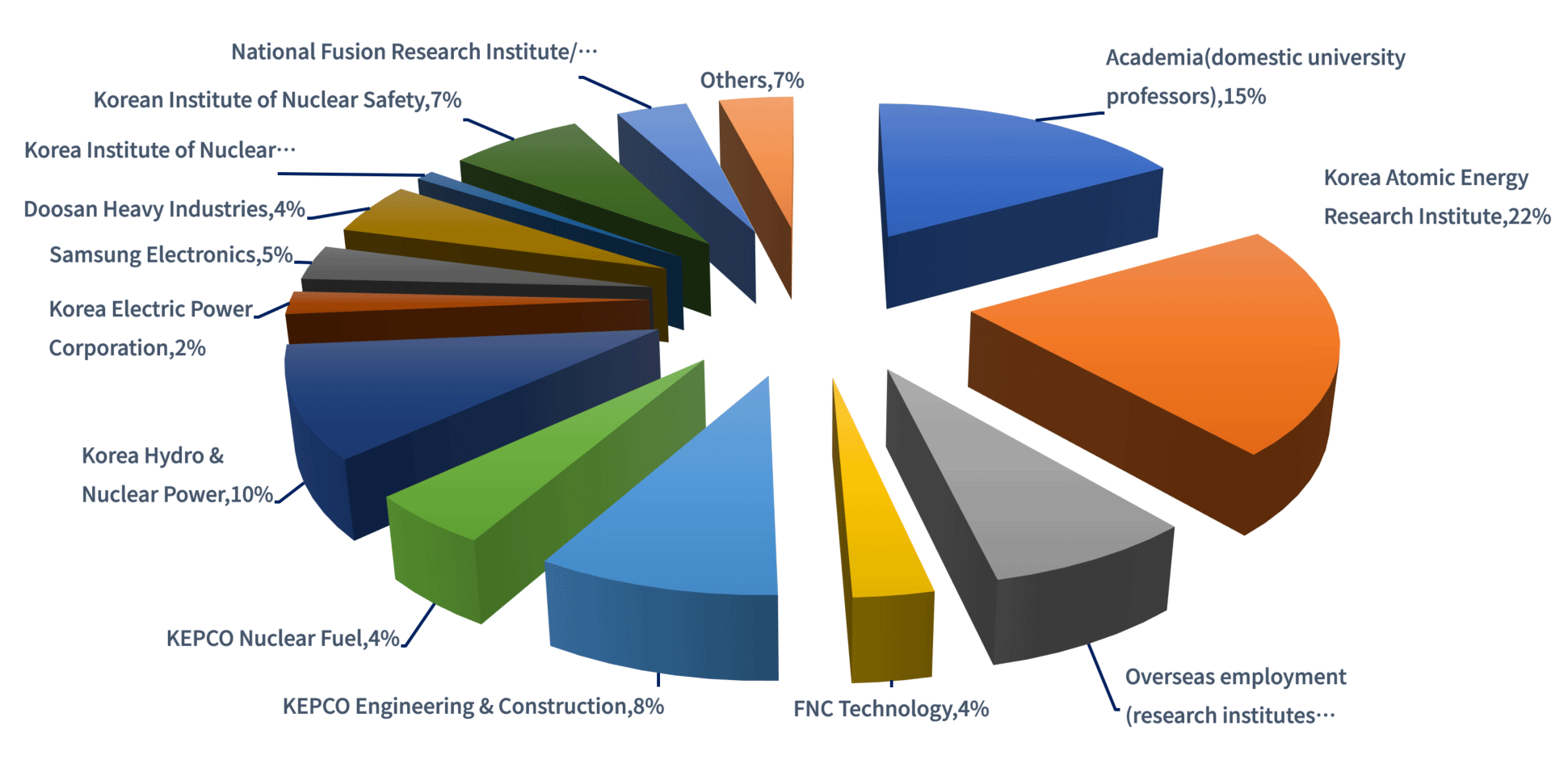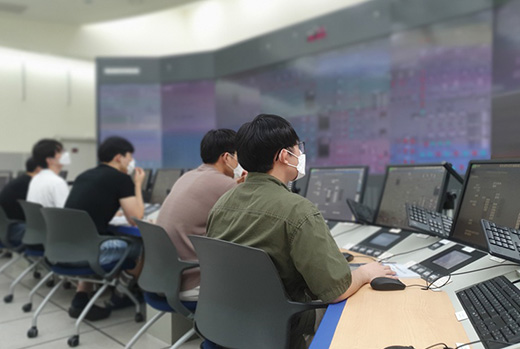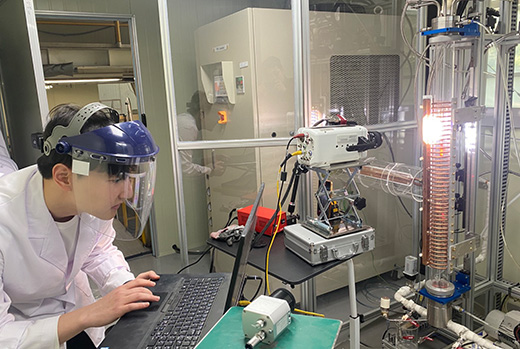“Fostering academic, research, and industrial leaders in the field of nuclear engineering in Korea as well as abroad.”
- For undergraduate graduates, many find employment in public corporations and government agencies related to nuclear power and electricity, as well as major domestic corporations.
- For graduate school graduates, many find employment in government-related research institutions and domestic universities. In addition, they are also recruited by universities and leading research institutions overseas.
- For those specializing in plasma, in addition to research positions related to nuclear fusion, they are also actively employed in companies in the semiconductor field.

Typical career paths after graduation are as follows.
| Domestic university | Seoul National University, KAIST, Pohang University of Science and Technology, UNIST, Hanyang University, Kyung Hee University, Chung-Ang University, Sejong University, Hongik University, Inha University, etc. |
|---|---|
| Industry | Korea Hydro & Nuclear Power Co., Doosan Heavy Industries & Construction Co., Korea Nuclear Power Co., KEPCO, KEPCO Technology Co., Samsung Electronics Co., Hynix, Samsung Heavy Industries Co., Hyundai Engineering & Construction Co., etc |
| National Research Institute | The Korea Atomic Energy Research Institute, the Korea Institute of Nuclear Convergence, the National Defense Research Institute, etc |
| Government Agency | Ministry of Science and ICT, Nuclear Safety Commission, Nuclear Safety Foundation, Nuclear Safety Technology Institute, Nuclear Control Technology Institute, National Intelligence Service, etc. |
| University and Research Institute Overseas | University of Michigan (USA), Pennsylvania State University (USA), Hokkaido University (Japan), Idaho National Laboratory (USA), Argonne National Laboratory (USA), Los Alamos National Laboratory (USA), Oak Ridge National Laboratory (USA), ITER (Europe), etc. |





